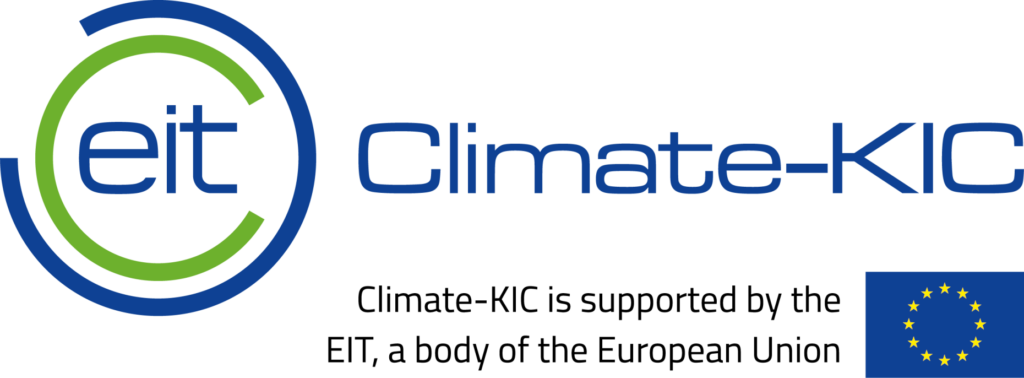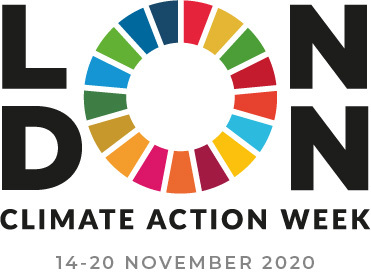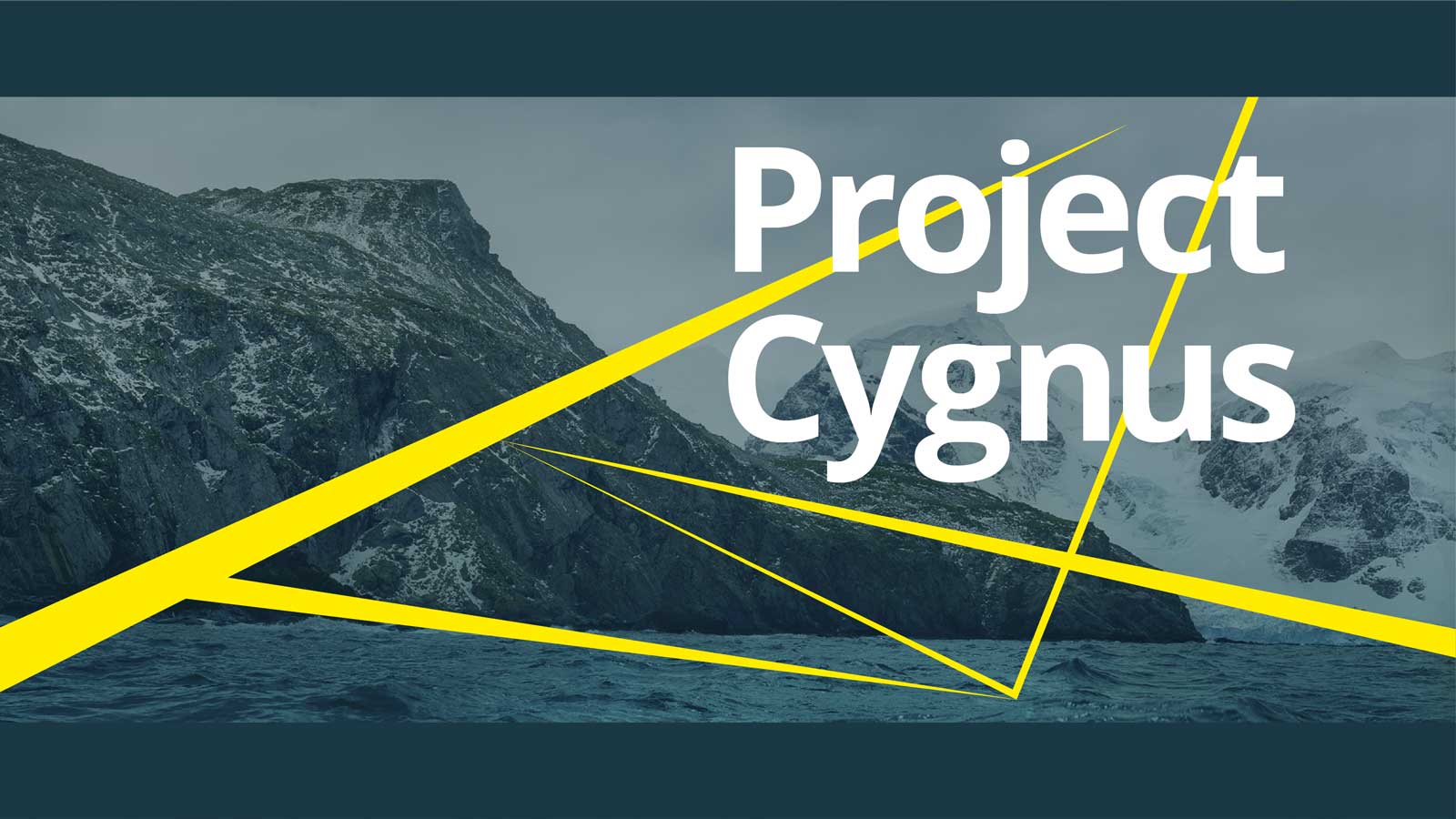
Summary
Project Cygnus, funded by EIT Climate-KIC and led by Icebreaker One, demonstrated how data infrastructure can accelerate both Covid-19 economic recovery and progress toward net zero. Conducted in partnership with the Global Open Finance Centre of Excellence, Arup, ODI Leeds, and University College Dublin, the project created a framework for connecting environmental, financial, and policy data to support better local decision-making. It developed a suite of innovations, including the Comprehensive Climate Finance Facility (CCFF), the Open Energy Governance Platform (OEGP), and a new data explorer tool. These assets enabled analysis showing that “green” companies were more resilient during the pandemic, and that data-driven policy can strengthen both sustainability and economic resilience.
The project’s policy and engagement work established a model for evidence-based governance in crisis recovery. Through over 250 participants across five major events and extensive citizen outreach, Cygnus bridged public, private, and academic sectors, building shared understanding of how to align stimulus spending with net zero goals. Its open data and trust framework approach laid the foundations for scalable, cross-sector data sharing, directly helping to inform later initiatives such as Perseus and Open Energy, and remains a key example of how robust data infrastructure and good governance can underpin a sustainable, resilient economy.
Aims and outcomes
The aim of this Y2020 ’emergency’ programme was to explore how to stimulate a net-zero economic recovery from Covid-19 at a city and regional level. It was funded by EIT Climate KIC, commissioned in the second half of the year and delivered within six months.
The programme delivered the foundational data infrastructure that enables data flow and processes to enable data analysis and visualisation. This included:
- a secure, highly governed data infrastructure (using the GOFCoE National Data Safe Haven) that supported a Comprehensive Climate Finance Facility (CCFF);
- sourced data on SME resilience from a cloud accounting provider;
- delivering a proof-of-concept dashboard to show SME resilience and climate credentials through Covid-19, applying Green/Grey/Polluting mapping both to Companies House data and data from cloud accounting;
- a demonstration that the entire life-cycle of ingesting raw data into a Safe Haven, analysing it and exporting outputs to government recipients;
- combined financial performance data on companies with a measure of environmental impact in the form of the Green/Grey/Polluting mapping, and explored the relationship between these;
- analytical tools that indicate where data gaps (e.g. quality) and data holes (e.g. absence) exist;
- analytical tools that enable net-zero scenario planning for analysts and decision-makers;
- data tools that enable carbon assessment.
Using merged UK & Irish up-to-date Companies House data, overlayed with the EU Green Taxonomy of environmentally sustainable activities and additional datasets sourced, we carried out the following activities in order to assess the economic impact of Covid-19 on small and medium enterprises (SMEs):
- Statistical analysis at the company, industry and regional levels to assess the economic impacts for the UK and Ireland;
- A comparative analysis across green (environmentally sustainable as determined by the EU Green Taxonomy), polluting (fossil fuel and industries with large environmental externalities) and grey industries (industries with little environmental externalities or benefits) to understand how green economic recovery can be fostered by policymakers and financiers at the granular sectoral and geographical level across the UK and Ireland.
Using a newly developed and innovative classification framework to analyse economic impacts across green, grey and polluting industries, we revealed the main trends across the UK and the Republic of Ireland, both pre-crisis and since the advent of Covid-19. Key findings include:
- Green recovery is more rapid and green growth appears to be more resilient to crisis.
- Southern England (in particular London, Oxford and Cambridge) is the centre for green growth in the UK.
- Wales has the best green-to-polluting ratio in terms of company births of UK nations.
- Cities across the UK and the Republic of Ireland are centres of cleantech investment.
- A comprehensive analysis of Business Registry data could not be performed for the Republic of Ireland due to a substantial lack of data quality. However, this work lays the data infrastructure and governance groundwork to overcome this challenge.
As a result of our analytical research and events, we recommend 3 key policies to promote a net-zero Covid-19 economic recovery:
- Retrofitting houses so that they are energy efficient;
- Making transportation as sustainable as possible as soon as possible;
- Building better data infrastructure to navigate the climate crisis with the current focus on Covid-19 economic recovery.
These were also validated through our polling of local councillors.
Through events and convening, we focused on using clear and inclusive language that rejects jargon in favour of accessible, straightforward messages that make it easier for a wider range of people to engage with our materials. We engaged with citizens via a range of events and activities. These included:
- Publishing 16 blogs and updates;
- Disseminating 4 videos – evergreen content from events;
- Promoting clear and inclusive language for a wider range of people to engage with our materials;
- Holding 5 events that were attended by more than 230 people;
- Conducting 10 polls during our events;
Our events promoted an increased level of understanding between public and private sectors about the challenges and opportunities of a net-zero recovery;
- We generated 4 pieces of press coverage, including in Edie.net, BusinessGreen, Smart Cities World, The Telegraph providing a potential reach of 25m;
- More than 1,300 people engaged with online content and online events from across a range of sectors, suggesting we have succeeded in breaking down silos;
- Engagement with 161 key stakeholders from the public, private and academic sectors that show we have successfully brought sectors together to begin to solve a collective action problem.
In 2020, we accomplished everything we set out to do and exceeded the outlined work plan.
Discussion: UK and Irish politicians discuss net-zero economic recovery from Covid-19, as part Project Cygnus—an EIT Climate-KIC funded programme
When: 26 November – 10.30am – 12pm GMT
Where: Online, sign up free via Eventbrite
Who:
- Nick Tyrone, Research Director, Project Cygnus – Icebreaker One [Chair]
- Bim Afolami, Conservative MP for Hitchin and Harpenden
- Alan Brown, SNP MP for Kilmarnock and Loudoun and SNP’s Westminster spokesperson for Energy and Climate Change
- Neasa Hourigan, Green Party TD for Dublin Central and Ireland’s Chair of the Committee on Budgetary Oversight
- Chi Onwurah, Labour MP for Newcastle upon Tyne Central and Shadow Minister Digital, Science & Technology
- Clive Lewis, Labour MP for Norwich South and Shadow Secretary for Sustainable Economics
- Tom Sasse, Associate Director, Institute for Government
What:
No political party came into 2020 thinking it was going to be dominated by a pandemic that would result in the country going into lockdown and, as a result, an unprecedented economic downturn. Yet here we are.
We will discuss what political parties in the UK and Ireland are doing to ensure that economic recovery from Covid is also driving us towards net-zero?
Icebreaker One – a non-profit focused on unlocking the data needed to deliver a net-zero future – will host a panel that spans the political spectrum to find out what government and opposition parties think are the best ways to combine economic recovery with net-zero. Nick Tyrone, research director at Icebreaker One, will chair the panel.
This event is organised as part of Project Cygnus, an EIT Climate-KIC funded net-zero Covid-19 recovery programme led by Icebreaker One in partnership with Global Open Finance Centre of Excellence at the University of Edinburgh, University College Dublin (UCD), United Nations Environment Programme (UNEP) , Arup and ODI Leeds.
[Online event] How can we deliver green economic recovery from Covid? – 16 November, 11.00am GMT

Speakers include:
- Gavin Starks, Founder & CEO, Icebreaker One [Chair]
- Nick Tyrone, Research Director, Project Cygnus, Icebreaker One
- Fabiola Schneider, Doctoral Researcher, University College Dublin
- Paul Connell, Founder, ODI Leeds
- Lean Doody, Integrated Cities & Planning Leader, Europe, Arup
- Emma Thwaites, Communications Director, Icebreaker One
- Ewan Robertson, Project Manager, Global Open Finance Centre of Excellence
Announcement: https://ib1.org/2020/08/03/announcing-project-cygnus/
Icebreaker One, University College Dublin (UCD), Global Open Centre of Finance (GOFCoE), and United Nations Environment Programme (UNEP) have joined forces to support cities, regions and countries to recover from Covid-19 while delivering their net-zero carbon emission goals.
We are looking for ambitious cities and regional governments, financial organisations, and both public and private financial institutions to join us in development.
Our goal is to develop analytical tools, data infrastructure, policy recommendations, economic modelling and communications that can be used worldwide. Your engagement will be central to the success of this programme, help prioritise work based on actual user needs and explore potential innovation and challenges.
What are we doing?
Phase One: throughout 2020 we will carry out user engagement with cities, investors, asset managers and economic institutions to understand:
- The challenges and opportunities to transitioning to a net-zero future
- How rapid financial support can be deployed to enable economic recovery from Covid-19
- How investors, local and national governments can be sure they are investing to address both challenges
- The role of public and private sector data, and what data infrastructure is needed to drive insight
The work will be developed in collaboration with GOFCoE, who will map resilience and adaptation needs for future-proof, sustainable finance and UCD who will provide statistical analysis at company, industry and regional levels to assess the economic impacts of Covid-19, and carry out comparative analyses across different industries to understand how green economic recovery can be fostered by policymakers and financiers.
We will create analytics, tooling and policy recommendations for those trying to navigate the highly complex set of challenges in addressing both Covid-19 and net-zero.
Phase Two: we will build on Phase One in 2021 to assist cities and regions to address their binding commitments to net-zero while addressing the greatest economic challenges of our time.
For more information:
- On 16 November we hosted a panel discussion as part of London Climate Action Week to discuss how local policy interventions can help local governments, cities and regions accelerate innovation and drive toward net-zero. Watch the recording here.
- Find a recording of our webinar on the policies to prioritise for a green economic recovery from Covid-19 here.
- Sign up to our newsletter to stay informed about the workshops taking place later this year.

